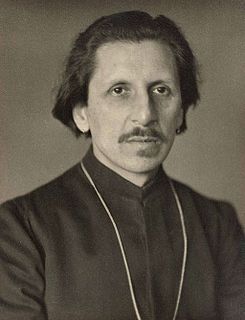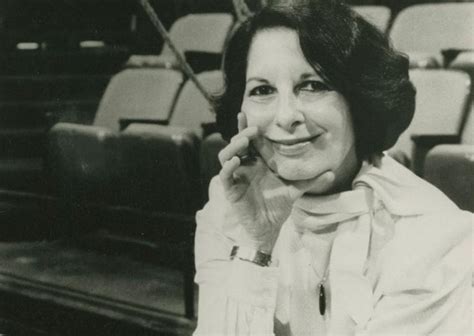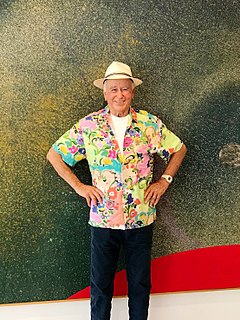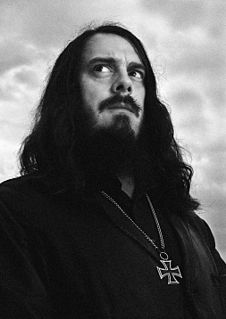A Quote by David Hockney
I have always believed that art should be a deep pleasure. I think there is a contradiction in an art of total despair, because the very fact that the art is made seems to contradict despair.
Related Quotes
I have always believed that art should be a deep pleasure...ther e is always, everywhere, an enormous amount of suffering. But I believe my duty as an artist is to overcome and alleviate the sterility of despair...New ways of seeing mean new ways of feeling... I do believe that painting can change the world.
Art is personal, originating from dreams, ideas, neuroses; art is shared, harkening back to the humans around the fire; art imbues pleasure and power by enabling people to know reality...Art is a necessity because it is a way of knowing...Is the need for truth physiological? Art exists out of time...images may be different bu there is always a repetition- a thread.
I always felt that my work hadn't much to do with art; my admirations for other art had very little room to show themselves in my work because I hoped that if I concentrated enough the intensity of scrutiny alone would force life into the pictures. I ignored the fact that art, after all, derives from art. Now I realize that this is the case.
It's despair at the lack of feeling, of love, of reason in the world. It's despair that anyone can even contemplate the idea of dropping a bomb or ordering that it should be dropped. It's despair that so few of us care. It's despair that there's so much brutality and callousness in the world. It's despair that perfectly normal young men can be made vicious and evil because they've won a lot of money. And then do what you've done to me.
My definition of art has always been the same. It is about freedom of expression, a new way of communication. It is never about exhibiting in museums or about hanging it on the wall. Art should live in the heart of the people. Ordinary people should have the same ability to understand art as anybody else. I don’t think art is elite or mysterious. I don’t think anybody can separate art from politics. The intention to separate art from politics is itself a very political intention.
Long looking at paintings is equivalent to being dropped into a foreign city, where gradually, out of desire and despair, a few key words, then a little syntax make a clearing in the silence. Art... is a foreign city, and we deceive ourselves when we think it familiar... We have to recognize that the language of art, all art, is not our mother-tongue.
What we need more of is slow art: art that holds time as a vase holds water: art that grows out of modes of perception and making whose skill and doggedness make you think and feel; art that isn’t merely sensational, that doesn’t get its message across in ten seconds, that isn’t falsely iconic, that hooks onto something deep-running in our natures. In a word, art that is the very opposite of mass media.
There is a good deal of art that in some traditions of conceptual work are anti-affect, in fact a very large chunk of mainstream art after 1950 took against affect art altogether because they said, "No, we hate affect art because this is how we get manipulated by totalitarianism and therefore artists shouldn't play that game." And a lot of artists agreed to play that game, which I personally believe is to the loss of art.
art is the most general condition of the Past in the present. ... Perhaps no work of art is art. It can only become art, when it is part of the past. In this normative sense, a 'contemporary' work of art would be a contradiction - except so far as we can, in the present, assimilate the present to the past.





































